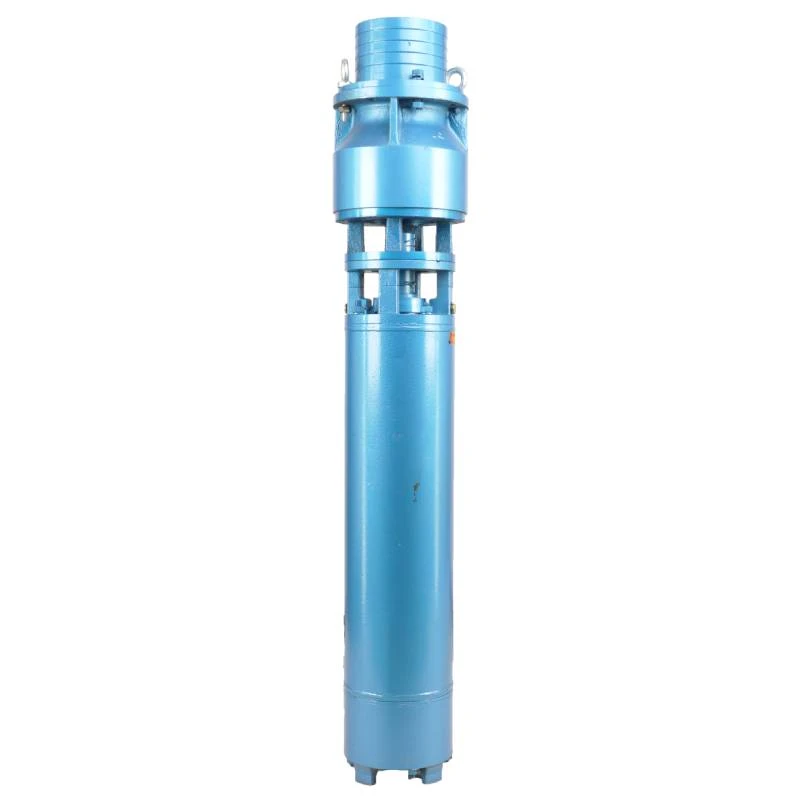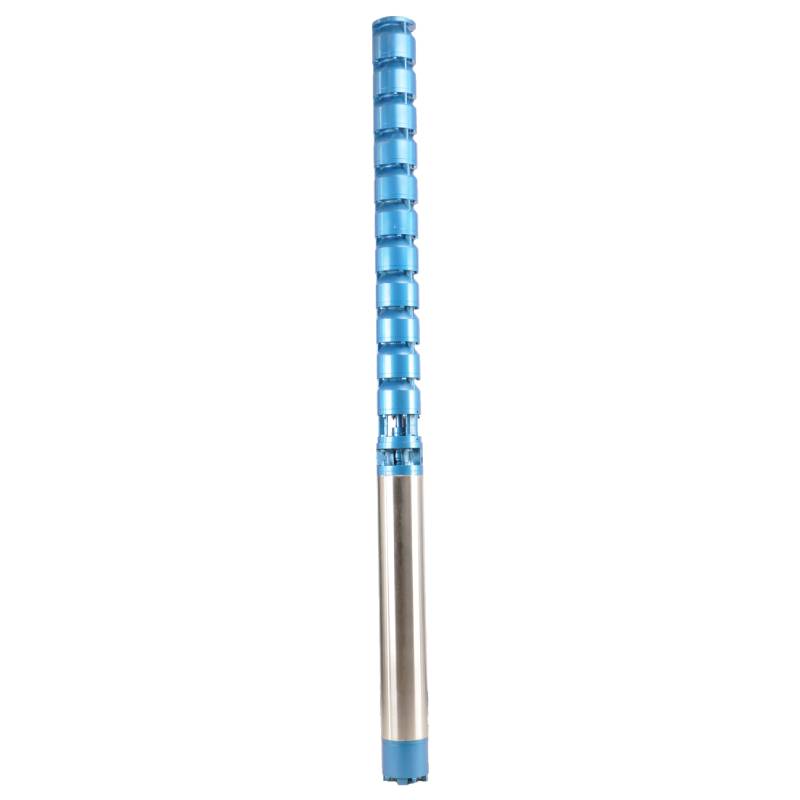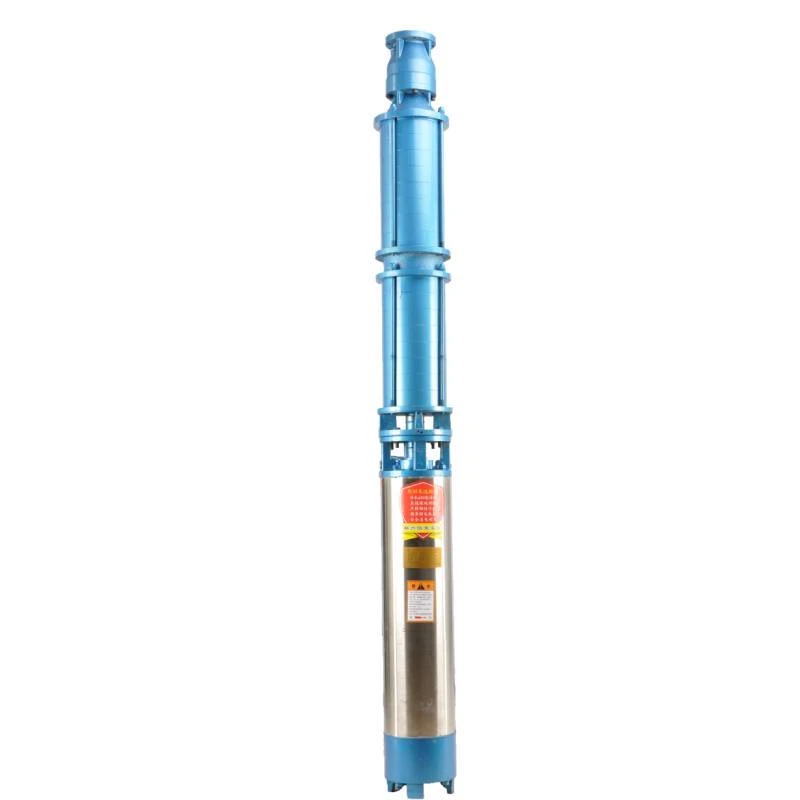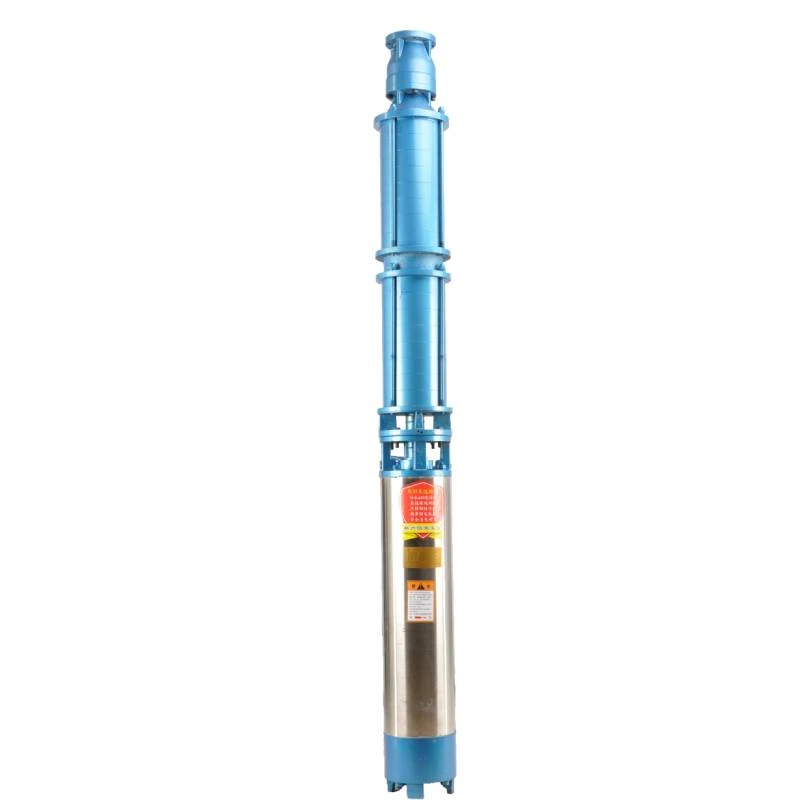ធ្នូ . 26, 2024 16:40 Back to list
High-Performance Submersible Pumps for Industrial Applications and Efficient Water Management Solutions
Industrial Submersible Pumps Essential Tools for Diverse Applications
Submersible pumps are a crucial component in various industrial applications, designed to operate while fully submerged in fluid. This unique configuration allows them to efficiently handle a range of materials, from clean water to sludge and chemicals. As industries strive for efficiency and reliability, submersible pumps have become indispensable in fields such as wastewater management, mining, construction, and agriculture.
How Submersible Pumps Work
The fundamental principle behind submersible pumps is relatively straightforward. These pumps consist of a hermetically sealed motor attached to a pump body. The entire assembly is designed to be submerged in the liquid it is pumping. When activated, the motor drives an impeller that creates a pressure difference and progressively pushes the fluid upward through a discharge pipe. The sealed construction prevents the fluid from entering the motor, protecting it from potential damage and ensuring longevity.
Most submersible pumps have specific design features that make them suitable for various applications. For instance, pumps used for sewage or sludge transport typically have larger impellers and wear-resistant materials to handle solids and abrasive substances. Conversely, pumps intended for clean water applications may have finer, more efficient impellers for higher flow rates.
Applications of Industrial Submersible Pumps
1. Wastewater Treatment Submersible pumps play an integral role in wastewater management systems. They are utilized to transport sewage from treatment plants, homes, and industries to appropriate disposal or treatment facilities. Their design allows them to handle solids and other particulates, making them particularly suitable for sewage applications.
2. Mining Operations In mining, submersible pumps are employed to dewater pits, mines, and tunnels. These pumps can efficiently remove excess water that accumulates during the mining process, enabling safer operations and preventing flooding. Their ability to operate submerged allows for direct placement in flooded areas, making them cost-effective and efficient.
3. Construction In construction, submersible pumps are commonly used for dewatering foundations and excavations. Construction sites often experience high water tables or groundwater accumulation, necessitating efficient water removal to maintain dry work conditions. Submersible pumps simplify this process, providing immediate drainage solutions.
industrial submersible pump

4. Agriculture Agricultural applications also benefit from submersible pumps, especially in irrigation systems. These pumps can draw water from wells or reservoirs efficiently, providing necessary irrigation supplies to crops. This ability to pump water from considerable depths is particularly advantageous in arid regions where surface water is scarce.
5. Chemical Handling In industries dealing with chemicals, specialized submersible pumps are designed to withstand corrosive agents. These pumps are fabricated with materials such as stainless steel or specialized plastics to resist chemical degradation. They are essential in transferring chemicals safely and efficiently in manufacturing processes.
Advantages of Submersible Pumps
1. Space Efficiency One of the primary benefits of submersible pumps is their compact design, allowing for installation in areas where surface pumps would be impractical. Their space-saving nature makes them ideal for confined spaces, such as basements or underground operations.
2. Energy Efficiency Submersible pumps often operate at higher efficiencies compared to surface pumps. The direct placement in the fluid allows for reduced energy expenditure since the pump doesn’t have to lift the water vertically.
3. Reduced Noise Levels Because submersible pumps are submerged, they tend to operate at lower noise levels than surface pumps, making them suitable for residential or sensitive environments.
4. Lower Maintenance The sealed design of submersible pumps shields their components from potential hazards, often leading to lower maintenance requirements compared to traditional pumps.
Conclusion
Industrial submersible pumps are vital in various sectors, from managing wastewater to supporting agricultural irrigation. Their ability to efficiently handle various fluids and their compact, energy-efficient designs make them a preferred choice in numerous applications. As industries continue to evolve and seek sustainable practices, the role of submersible pumps will undoubtedly remain significant, paving the way for advancements in efficiency and innovation within industrial processes. Whether in large-scale mining operations or small agricultural farms, submersible pumps are essential tools that contribute to operational success across diverse fields.
-
125QJR Deep Well Submersible Pump - High Performance & Reliable Water Supply
NewsAug.28,2025
-
Water Filled Submersible Pump
NewsAug.26,2025
-
The Ultimate Solution for Clean
NewsAug.26,2025
-
SS Submersible Pump
NewsAug.26,2025
-
Reliable Water Extraction from Great Depths
NewsAug.26,2025
-
Deep Well Submersible Pump
NewsAug.26,2025
-
 125QJR Deep Well Submersible Pump - High Performance & Reliable Water SupplyGet reliable, high-performance water with the 125QJR Deep Well Submersible Pump. Ideal for irrigation, agriculture, and industrial deep well applications. Experience efficient, continuous water supply. Shop now!Detail
125QJR Deep Well Submersible Pump - High Performance & Reliable Water SupplyGet reliable, high-performance water with the 125QJR Deep Well Submersible Pump. Ideal for irrigation, agriculture, and industrial deep well applications. Experience efficient, continuous water supply. Shop now!Detail -
 Water Filled Submersible PumpA water filled submersible pump is engineered for optimal cooling, eco-friendliness, and high efficiency, especially in applications involving clean or slightly sandy water.Detail
Water Filled Submersible PumpA water filled submersible pump is engineered for optimal cooling, eco-friendliness, and high efficiency, especially in applications involving clean or slightly sandy water.Detail -
 The Ultimate Solution for CleanWhen it comes to efficient water delivery from underground or submerged sources, a submersible pump stands as the go-to solution for homes, farms, ponds, and industrial sites.Detail
The Ultimate Solution for CleanWhen it comes to efficient water delivery from underground or submerged sources, a submersible pump stands as the go-to solution for homes, farms, ponds, and industrial sites.Detail
